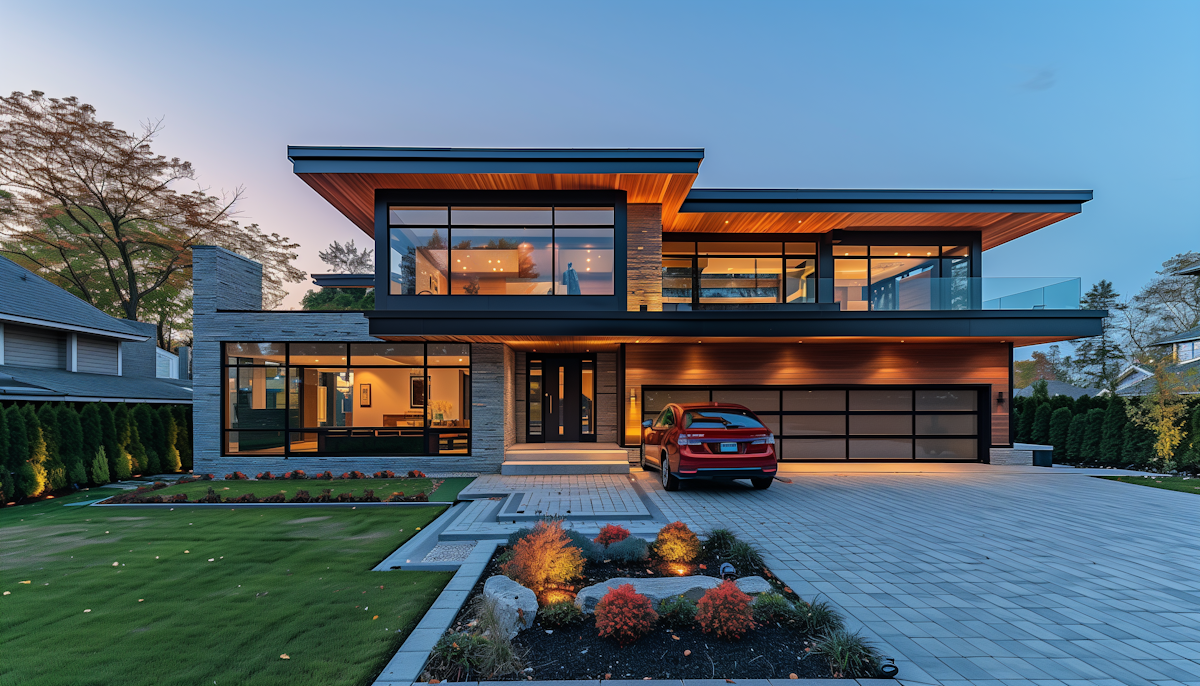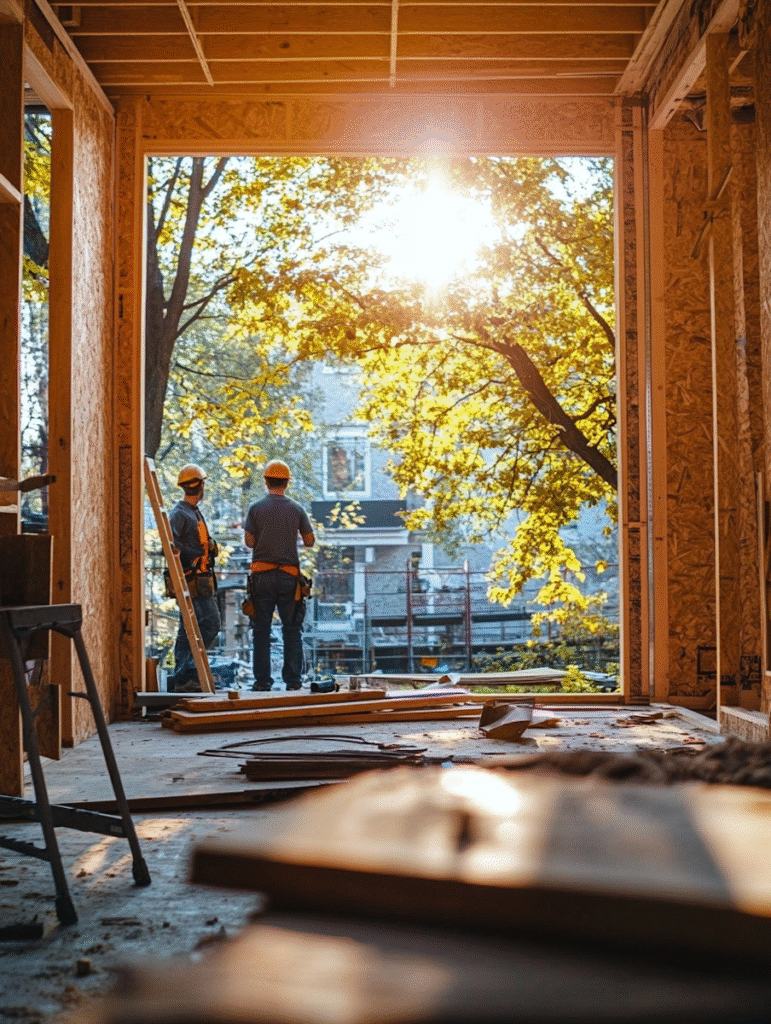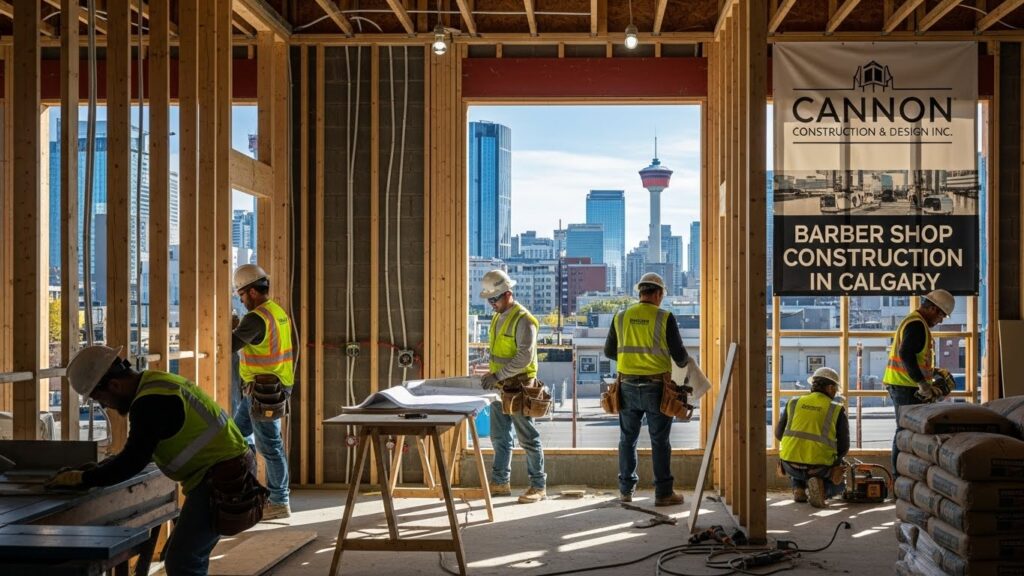In today’s ever-evolving housing market, homeowners and investors alike are seeking smarter ways to add value to their properties, generate rental income, and maximize living space. One innovative and increasingly popular solution is the 2BR Legal Secondary Suite Basement. This fully permitted, self-contained living space offers a practical and profitable way to adapt homes for multi-generational living, short-term rental opportunities, or long-term tenants. But what exactly is a 2-bedroom legal secondary suite in a basement? And why is it becoming such a hot trend across Canada and parts of the U.S.?
In this comprehensive blog post, we’ll explore the benefits, legal considerations, design tips, and potential returns of investing in or developing a Legal Secondary Suite Basement. Whether you’re a homeowner, real estate investor, or builder, understanding this concept can unlock new opportunities for passive income and enhanced property value.
What Is a 2BR Legal Secondary Suite Basement?
A 2BR Legal Secondary Suite Basement refers to a self-contained basement apartment featuring two bedrooms, a kitchen, bathroom, and separate entrance. Most importantly, the word “legal” denotes that the suite meets all municipal bylaws, zoning regulations, safety codes, and permit requirements.
Key features often include:
- Independent access (separate entrance)
- Fire separation and smoke alarms
- Adequate ceiling height and natural light
- A full kitchen and bathroom
- Private laundry or shared laundry area
The “2BR” designation simply means the suite contains two bedrooms, making it ideal for small families, roommates, or couples seeking more space.
Why Are 2BR Legal Secondary Suite Basements Gaining Popularity?
The real estate market is shifting. With soaring property prices, tightening mortgage regulations, and an increased demand for rental housing, homeowners are looking for practical solutions that offer both flexibility and financial relief.
1. Rental Income Potential
A legal 2-bedroom basement suite can generate $1,200 to $2,500+ per month, depending on your location. This passive income can help cover mortgage payments, utilities, or even turn a home into a profitable investment.
2. Multi-Generational Living
More families are opting to live together under one roof, with aging parents, adult children, or in-laws needing semi-independent living spaces. A 2BR legal secondary suite basement offers privacy and independence without the high cost of separate housing.
3. Increased Property Value
Homes with fully legal secondary suites tend to sell for more and are more attractive to buyers who value flexibility. In fact, many real estate agents note that legal basement suites are a top selling feature in competitive housing markets.
4. Affordable Housing Solution
Municipalities across Canada and the U.S. are encouraging the development of legal secondary suites to address housing shortages. In some areas, homeowners may even receive incentives or grants for creating legal basement suites.
Legal Considerations: What Makes a Basement Suite “Legal”?
Many homeowners confuse a finished basement with a legal suite. However, legal compliance involves more than drywall and flooring. Local building codes, fire safety standards, and zoning bylaws must be met for the suite to be officially recognized and permitted.
Key Legal Requirements:
- Permits: Must be obtained before construction or conversion begins.
- Zoning: Property must be zoned to allow for secondary suites.
- Egress Windows: Bedrooms require escape windows of adequate size.
- Ceiling Height: Typically, minimum of 6’5″ to 7′ depending on location.
- Fire Safety: Fire-rated drywall, separation between units, interconnected smoke alarms.
- Electrical & Plumbing Inspections: Ensures systems are up to code.
- Separate HVAC or Ventilation System: Required in many municipalities.
It’s crucial to consult your local municipality or a licensed contractor before planning or renting out your 2BR basement suite.
Design Tips for a Comfortable 2BR Legal Secondary Suite Basement
A well-designed basement suite doesn’t feel like a “basement” at all. With the right layout, lighting, and finishes, your 2BR legal suite can feel bright, modern, and spacious.
1. Open-Concept Layout
Avoid overly compartmentalized designs. Open kitchen/living areas make small basements feel much larger.
2. Maximize Natural Light
Use larger egress windows, window wells, and reflective surfaces like mirrors and lighter paint tones to enhance brightness.
3. Soundproofing
Install insulation and resilient channels between floors to reduce noise transmission between units.
4. Efficient Storage
Include built-in shelves, under-stairs closets, and smart cabinetry to maximize every inch.
5. Modern Finishes
Tenants appreciate stylish touches like quartz countertops, stainless steel appliances, and vinyl plank flooring.
6. Independent Amenities
In-suite laundry and private entrances boost the appeal and rental potential of your unit.
Investment Benefits of a 2BR Legal Secondary Suite Basement
For real estate investors, the numbers make a strong case.
Higher Rental Yield
Two-bedroom units typically command higher rents than studios or one-bedrooms. You attract more stable tenants, such as small families or working professionals.
Long-Term Appreciation
A home with a legal basement suite often appreciates faster due to its dual-income potential and flexibility for future owners.
Mortgage Qualification Boost
Some lenders consider Legal Basement Secondary Suites when evaluating mortgage applications, which can help buyers qualify for higher loan amounts.
Airbnb and Short-Term Rental Opportunities
If local laws permit, you can tap into the booming short-term rental market by offering your 2BR suite to travelers, professionals, or students.
Challenges and How to Overcome Them
While the benefits are plenty, building or buying a 2BR Legal Secondary Suite Basement isn’t without challenges.
1. Upfront Costs
Building a legal suite can cost between $50,000–$120,000, depending on the level of finish, size, and existing conditions. However, many homeowners recoup this investment within 5–8 years through rental income.
Tip: Explore municipal grants, financing options, or HELOCs (home equity lines of credit) to fund construction.
2. Regulatory Hurdles
The permitting process can be time-consuming and vary widely depending on your city.
Tip: Hire a designer or contractor who specializes in legal basement suites and understands local codes.
3. Tenant Management
Becoming a landlord means handling maintenance, tenant issues, and potential vacancies.
Tip: Work with a reputable property manager if you don’t want to manage the unit yourself.
Cities Encouraging 2BR Legal Secondary Suite basement
In many growing metropolitan areas, local governments are actively encouraging homeowners to develop legal basement suites. Some notable examples include:
- Toronto, ON: Strong support for laneway and basement suites through zoning reforms.
- Calgary, AB: Streamlined application process for legal suites.
- Vancouver, BC: Up to 3 legal rental units per lot now allowed in some zones.
- Edmonton, AB: Fast-track permitting for secondary suites.
Check with your municipality to understand how your city supports legal suite development and what resources are available.
Final Thoughts
Whether you’re a homeowner looking to offset your mortgage, a multi-generational family seeking flexible living space, or a savvy investor aiming to maximize ROI, the 2BR Legal Secondary Suite Basement offers a strategic and future-proof housing solution.
From affordability and income potential to smart urban planning and increased property value, legal basement suites represent one of the most impactful ways to utilize underused space.
If you’re considering developing or buying a home with a 2BR legal secondary suite basement, now is the time to act. With rising demand for affordable rentals and growing municipal support, these secondary suites are more than just a trend — they’re part of the future of housing.
Contact Us Today
Have questions or need instant help? Talk directly to our experts.
+1 403 918 0493
Email Us Anytime
Prefer writing to us? Send us your query and we’ll respond within 24 hours.
canadaproject237@gmail.com



